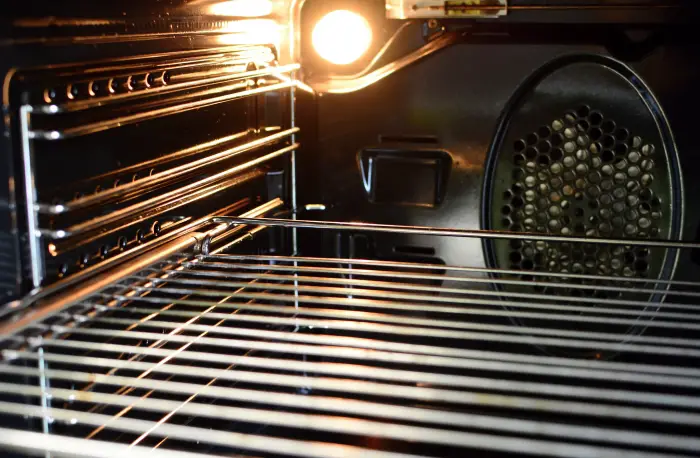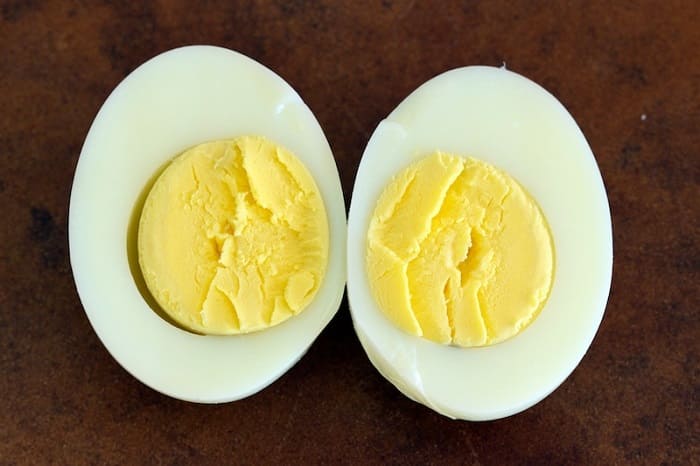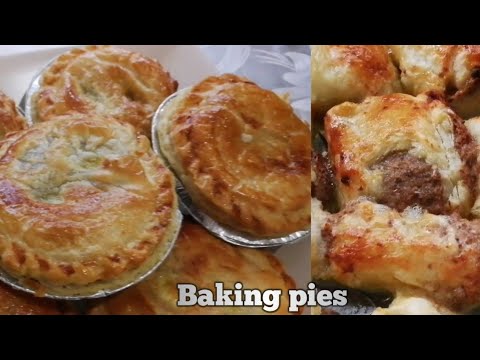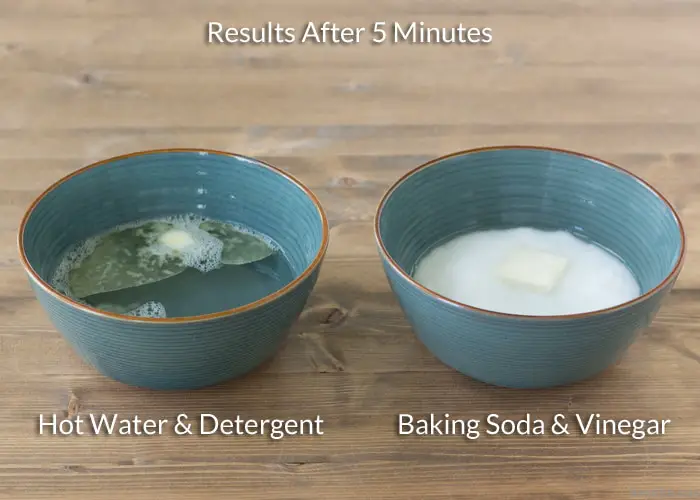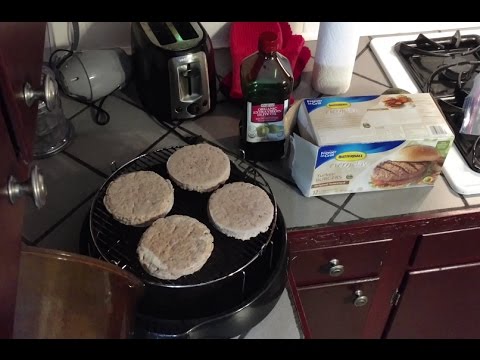Modern ovens have come a long way since their inception, with features such as timers, temperature controls, and advanced cooking functions. One such feature that has become standard across all modern ovens is the oven light. The purpose of the oven light is to provide visibility within the oven so that cooks can monitor their food without opening the oven door. This article will explore whether or not the oven light affects cooking results.
Understanding Oven Light and How it Works
An oven light is a small incandescent bulb located near the top of an oven’s interior that illuminates the space inside when turned on. The light bulb usually has a life span of several years before needing to be replaced.
Oven lights are included in modern ovens for convenience and practicality. They make it easier to check on food without having to open the door, which helps maintain an even temperature throughout cooking and prevents heat loss.
There are different types of bulbs used in oven lights. Halogen bulbs give brighter illumination and clearer visuals compared to other bulbs like incandescent, which produce less heat making them energy efficient and safer.
Theory About Oven Light and Cooking
One theory about whether or not an oven light would affect cooking results concerns how often people open their oven doors while cooking. Opening an oven door lets out heat which can affect how well food cooks by causing longer baking times needed to finish cooking evenly . A working oven light eliminates this need for frequent openings as it provides clear visibility into your food through the glass door; thus allowing you to monitor your food’s progress more easily .
However, some experts disagree with this theory, saying that opening an oven door typically does not have a significant impact on cooking results because any drop in temperature inside only lasts for a few seconds before quickly returning back up again once closed. Despite these considerations, there is still ongoing research around this issue to determine if indeed an oven light makes any substantial difference.
Factors That Influence Cooking Time in an Oven
Other factors influence cooking time inside the oven aside from whether or not the light bulb is functioning. Accurate temperature settings remain a critical factor, and modern ovens have built-in thermometers that ensure heat accuracy. Poor air circulation inside your oven can cause uneven baking, this can affect any recipe whether you have an oven light working or if it’s not. Additionally, the distance between the heat source and food can also affect cooking times as different recipes require different amounts of direct contact with heat.
Impact Of Oven Light On Food Coloring and Browning
Another angle to examining would be to look at how an oven light impacts how food cooks. Studies show that having a working oven light does not significantly impact browning or coloring of food. In fact, most ovens are designed to provide more than enough radiant energy for proper browning without relying on ambient light like that of an oven light thus providing minimum impact on cooking outcomes.
However, there may be instances where an overcooked or burnt dish could have been avoided if cooks had used their oven lights more frequently during cooking to monitor their food progress .
Benefits Of Using An Oven Light While Baking
Despite some of these controversies around the impact of having functioning versus non-functioning oven lights while cooking, many benefits come with utilizing them.
Firstly, when recipes require frequent visual inspection, such as checking on rising bread dough or browning glazes, having clear visibility with your oven light can make all the difference in producing great-tasting results.
Secondly, for people with limited vision impairment issues who love cooking but find it challenging due to poor lighting in their kitchen area- functionality of the bulb provides sufficient brightness leading them to effortlessly monitor their dishes while concluding a visually pleasing outcome for desired oven items like roasted chicken parts or baked potatoes and so forth .
Thirdly, using your working oven light reduces opening door frequency, so you don’t lose valuable heat or cause cooling issues inside your oven.
Impacts Of Malfunctioning or Burnt Out Oven Lights
When an oven light burns out or becomes damaged, there are safety risks associated with it, such as the bulb becoming electrified, causing electric shocks in some cases. In this scenario, it’s essential to replace burnt-out bulbs earliest possible firstly to save on energy costs that may result from leaving the light on for extended periods of time instead of just when necessary.
Finally, a malfunctioning bulb means less visibility into the cooking process; but because ovens have glass doors for checking food progress- overall, this becomes less pressing as visual monitoring is still possible whilst cooking .
Conclusion
In conclusion, the topic around if and how much your oven light affects cooking results remains a debatable issue regardless. What is certain is that the functionality of your oven bulb provides clear visibility and ensures continuous observation while baking items like cupcakes or loaf bread rising transformations occur. It reduces opening door frequency potentially allowing offers better baking outcomes leading to desired taste bud expectedness slowly but surely .
Q&A
- Q: Can leaving the oven light on affect the cooking process? A: While it may seem like a small detail, leaving your oven light on can actually make a difference in your cooking. The extra heat from the light can cause uneven baking and potentially overcook or burn your food.
- Q: How does the oven light impact the temperature inside the oven? A: The oven light can raise the temperature inside the oven by a few degrees, which may not seem like much, but can significantly affect how your food cooks.
- Q: Is it better to turn off the oven light when baking or roasting? A: In most cases, it’s best to turn off the oven light when baking or roasting. This will help regulate the temperature and ensure even cooking, resulting in delicious and perfectly cooked meals.
- Q: Are there any instances where leaving the oven light on is beneficial for cooking? A: There are some unique circumstances where leaving the oven light on can be helpful. For example, when proofing bread dough or making yogurt, keeping the light on can provide just enough warmth to help with fermentation without overheating your oven.
